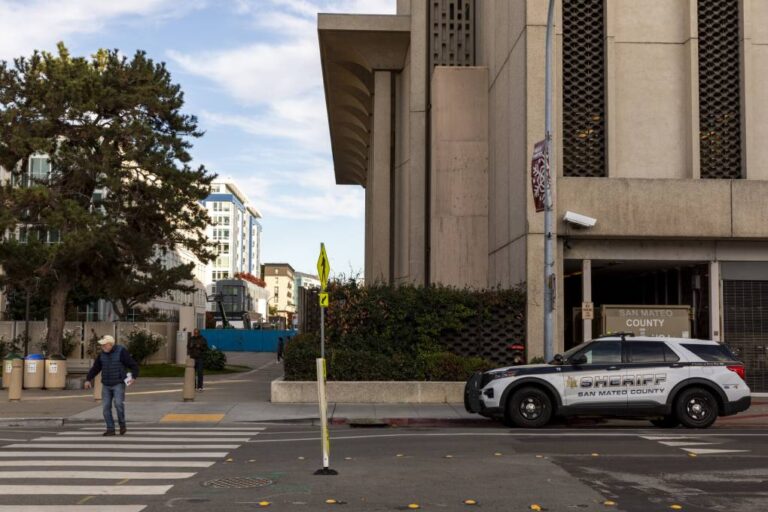Sheriff's deputies used a Taser on Okobi multiple times during a struggle that began when Okobi was seen walking on a pedestrian bridge on a busy street in Millbrae. After being stopped by officers, he became unresponsive.
An autopsy revealed that he died of cardiac arrest, partially caused by Taser shock. He was the third person in the county to die from a Taser attack by law enforcement this year.
Okobi's family ultimately settled the lawsuit with the county for $4.5 million.
The crisis response program will build on existing services available in various areas of the county, with behavioral health professionals accompanying law enforcement officers on specific calls. In addition, a countywide Youth Mobile Crisis Team currently responds to certain mental health-related calls involving people under the age of 25.
Jay Africa, the county's director of behavioral health and recovery services, said coordinating different services and dispatching the right response is key to making the program effective.
“The coordination part is exactly the challenge we are about to face,” Africa said at Tuesday's meeting. “When a call comes in, what is the most appropriate response? Which response is the quickest?”
Calls to the program are routed through local nonprofit StarVista's crisis call center. The center operates his 24/7 hotline, which averages more than 1,000 calls per month. A new phone number has also been opened for the Mobile Crisis Response Team, with the goal of eventually rerouting all related 911 and 988 (National Suicide Prevention Hotline) calls to the team.
The new program comes on the heels of a state policy enacted last June that requires counties with Medi-Cal services to provide mobile crisis response teams to address behavioral health issues, and to reduce the cost. A portion of this will be reimbursed through Medi-Cal.
National policy requires teams to be specially trained and able to respond to calls within an hour in urban areas and 90 minutes in rural areas. Additionally, the team requires that he conduct a follow-up visit within 3 days and follow specific data collection and evaluation guidelines.
The program will create a resource for “people who have been hesitant to call the police,” Corzo said. “This is exactly the support our most vulnerable community members need.”


